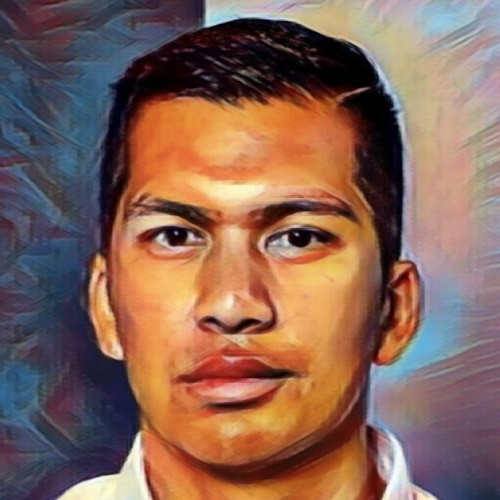Key points from article :
The controversial Enhanced Games will launch in Las Vegas in May 2026, inviting athletes to compete in sports like swimming, athletics, and weightlifting while openly using performance-enhancing drugs. Founded by Australian entrepreneur Aron D’Souza, the event aims to challenge traditional anti-doping rules and promote what D’Souza calls a new era of sports science and innovation. The competition promises large cash prizes—up to $500,000 per event—plus bonuses for world record-breaking performances.
One of the Games' most prominent early participants is Greek swimmer Kristian Gkolomeev, who recently swam faster than the official 50m freestyle world record under the Enhanced Games program. Organisers declined to specify what enhancements he used, citing medical confidentiality, but highlighted his success as proof of what can be achieved when athletes are free to use advanced science and technology.
D’Souza argues that current anti-doping efforts drive athletes to use banned substances in secret and unsafe ways, whereas the Enhanced Games promote transparency and innovation—comparing the model to Formula 1, where cutting-edge research eventually benefits the wider public. He claims that breakthroughs in performance enhancement could help society age more healthily and gracefully.
However, the project has drawn sharp criticism from global sports bodies. The World Anti-Doping Agency (WADA) and the International Federation of Sports Medicine have warned of serious health risks, calling the event exploitative and unethical. Critics liken it to a modern-day Roman circus, valuing entertainment over athlete welfare.








